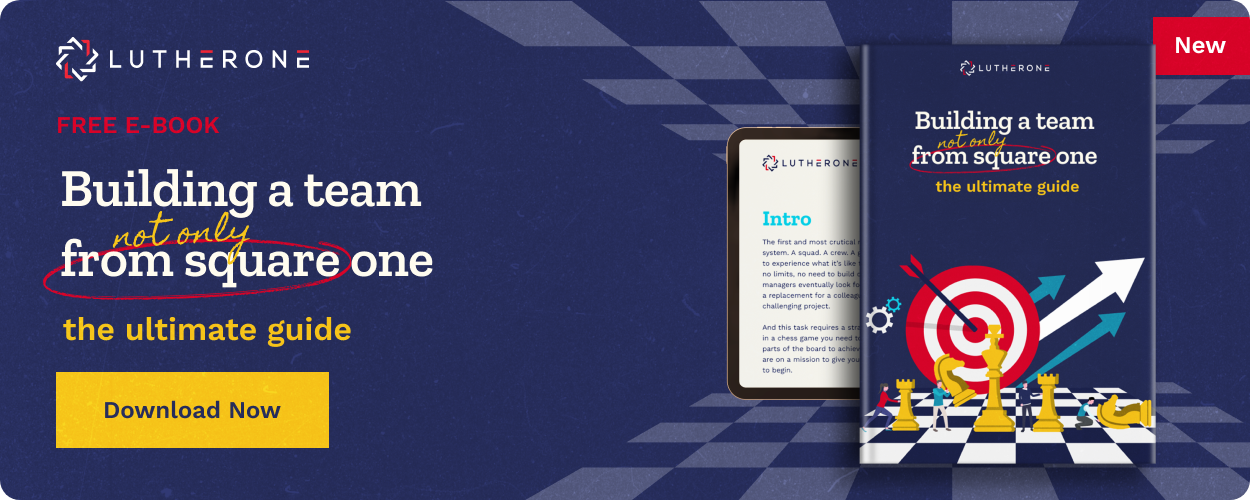EMPLOYEE ENGAGEMENT
The Great Mismatch | Why Everyone Is Hiring, But No One Is Getting Hired

Is recruitment fundamentally broken?
If you look hard enough at reports of what is driving the Great Resignation, it certainly seems like there is an unbridgeable gulf between the expectations of employers reeling from the pandemic, and the new, post-pandemic workplace demands of an increasingly remote and worried multi-generational workforce.
The figures bear repeating. There are, in many countries, a record amount of jobs being advertised. Employers are scrambling to source and attract candidates using new and novel incentives, increased wages and reconfigured benefit packages to meet demand and return to growth.
At the same time, research shows that more people are actively and openly looking for work than ever before. This is an especially prevalent attitude in younger generations who, in the wake of COVID, want to rewrite their future, work for a purpose, generate a more meaningful career pathway for themselves, or secure better salaries.
So despite the jobs on offer, and the eagerness of people to move jobs, why is no one getting hired?
Almost every job sector is suffering from a lack of applications or talent, or they’re facing a mismatch of talent. Many are suffering from both, and we call this a Talent Shortfall Perfect Storm. Each sector faces a tough battle for labour, but for very different reasons.
- For example, Retailers in much of the western world are facing falling footfall and the rise of online shopping, not to mention the ongoing impact of the Pandemic on safe shopping. But why don’t people want to work in retail? The lifestyle is not attractive, the work is antisocial and the baseline pay is low.
- In other sectors, engineering and tech firms are facing an unprecedented skills shortage, and talent channels to handle the rise of the digital economy and the need for specialist skills are not expanding quickly enough.
Confronted with these vastly different sector pressures and recruitment requirements, we all must ask ourselves:
- Have employers done enough to market their company as attractive to work in? Have they adapted enough to meet the demands and expectations of workers? Do they pay a living wage?
- Are workers doing enough to strategize their job applications? Are they applying to the right places for their career? Do they respond to the market demand and develop their skills? Or have they simply become spoiled?
The above are the questions frontline recruiters ask their candidates and clients every day.
This is to make sure the right people are applying for the right roles. This means matching expectations, skills, qualifications, personal career goals, company demands, a overall deeper meaning and finding the middle ground on win-win scenarios and applicability.
So how do we build a recruitment culture that values a more strategic and realistic approach to talent sourcing?
Millennials are more than willing to leave their jobs and Gen Z want to work for something more than profit
There is a generational mismatch at the heart of recruitment: workers under the age of 40 are more willing to leave their job if they are unhappy but they are also more career-oriented around sustainable working practice, meaningful work and a better work/life balance.
This shift away from profit-oriented working purpose to labour that serves meaning is closing the door to employers who refuse to change their legacy thinking.
Ask yourself: Are we as an employer doing enough to engage with this change? Are we communicating our ESG credentials enough to draw in a more engaged, more purpose-led candidate base?
Never miss a LutherOne article or e-Book: SUBSCRIBE
The pandemic caused a fundamental reset of people’s expectations in regard to work-life balance
From the introduction of remote work, to remote and hybrid work creating more equitable (but no less stressful!) parenting, the pandemic has ushered in a new set of global working expectations around how people work.
Ask yourself: Has this fundamentally changed how workers view the structures around work (such as commuting) as much as it has in work (such as meetings, productivity, project management, performance management and career planning)? Are we openly communicating and aligning our needs with the candidates around work/life balance well enough?Wages don’t match the cultural expectations of work
Are employers paying a competitive salary, or are they still gaming candidates who apply for rules by depressing pay packets? This is reductive legacy thinking and can come across as negative to candidates who want to be able to live, and work, comfortably.
Are employers paying a competitive salary, or are they still gaming candidates who apply for rules by depressing pay packets?
What is a modern workplace benefit?
The cherry on top of the work contract has always been a complimentary benefits package. And, it has always been used as a recruitment sweetener. But staff expectations are changing. For example:
-
- Remote work, for example, used to be a perk: now it is a demand.
- Cycle to Work Schemes may work in some cities, but is it a good use of money when people don’t want to commute?
- If more parents are sharing the parental workload while working remotely, surely a more attractive benefit offer would be something that helps support this?


